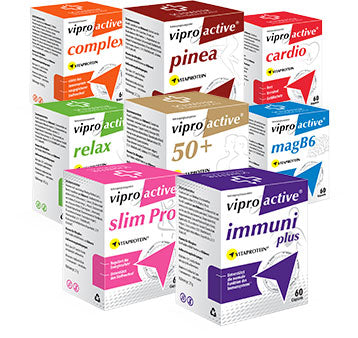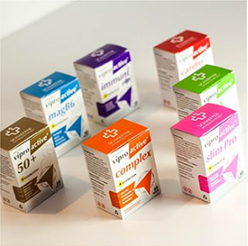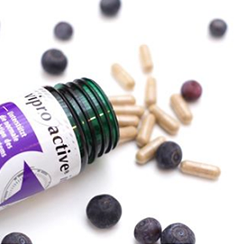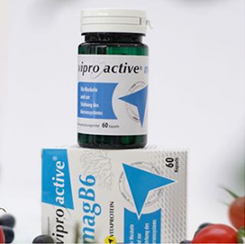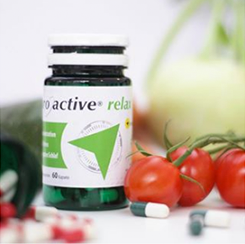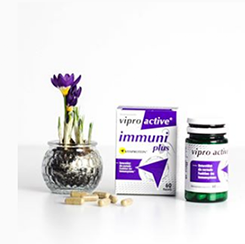7 Essential Vitamins and Minerals for Stress Relief [T1]
In addition to relaxation methods such as sports or yoga, a nutrition plan with an adequate supply of vitamins and minerals can also help to reduce stress. There are certain natural vitamins and minerals that actually improve mood, regenerate nerve cells, reduce stress, and increase brain function.
Causes and Effects
The brain is the organ that controls all activities of the body, especially cognitive and receptive activities.
When working and studying at high intensity, the brain often encounters stress and fatigue, which leads to negative emotions such as sluggishness, boredom, irritability, frustration, and the like. Over the long term, stress also causes a range of health problems such as headaches, ringing in the ears, dizziness, insomnia and shortness of breath.
In addition to external factors, stress and mental disorders can also occur due to Vitamin and mineral deficiencies. To manage stress and support brain function, consider some of the following minerals and vitamins:
B Vitamins help reduce stress
B-Vitamins are considered to be the most important dietary components for the functioning of the nervous system, including the central and peripheral nervous system. The lack of B vitamins makes the brain less active, prone to stress and mental disorders.
Some important B vitamins are B1, B6, B12, B5 and B9. They support the metabolism of the nervous system, stimulate the stable functioning of the brain, regenerate and form new nerve tissue, and protect against the symptoms of neurological diseases.
Vitamin C
Vitamin C is an essential nutrient for the body. This vitamin plays an important role in controlling and increasing the activity of immune cells. Regular intake of vitamin C helps minimize the risk of respiratory infections such as colds, flu, sore throats and tonsillitis.
In addition to the benefits for the immune system, vitamin C also has a stress-reducing effect. Studies by the University of Alabama (USA) show that vitamin C supplementation has a significant effect on reducing the stress hormone (cortisol). The hormone cortisol is directly responsible for high blood pressure, irregular heartbeat, headaches, fatigue, shortness of breath and trouble sleeping.
Therefore, when you are stressed, you should add vitamin C to your daily diet to reduce stress and improve symptoms caused by nervous stress. In addition, vitamin C also helps to strengthen the resistance function, has an antioxidant effect, improves the health of the skin, hair and nails.
Vitamin A
Vitamin A is a fat-soluble vitamin that improves vision and prevents eye diseases. In fact, this vitamin occurs naturally in the form of antioxidants such as beta-carotene and alpha-carotene. Vitamin A precursors not only benefit the eyes, but also improve nerve function, fight aging and boost the immune system.
Along with vitamin C, vitamin A can help control cortisol hormone levels and maintain a healthy immune system. During times of stress, you should increase your intake of foods rich in vitamin A, such as squash, sweet potatoes, broccoli, avocados, eggs, milk, etc. to reduce fatigue and lethargy.
Calcium - Mineral that reduces stress
Calcium not only helps maintain strong bone and dental health, but also reduces stress and nervous tension. It is an important mineral involved in neurotransmitter activity and blood pressure regulation. In addition, this mineral also regulates the production of hormones in the body.
In the nervous system, calcium deficiency leads to dysfunction, fatigue, lethargy and reduced morale. It also causes insomnia or abnormal sleep, migraines, headaches, fatigue, irritability, and excessive anxiety. Therefore, supplementing with calcium-rich foods can reduce symptoms caused by stress.
Calcium also regulates heart muscle and immune system function. These are all organs that are severely affected by prolonged nervous stress. Adequate calcium in the body helps maintain cardiovascular function and limits abnormal heart rate and blood pressure. In addition, calcium also helps to strengthen the immune system and protect the body from the effects of bacteria and toxins.
<Continued Next Week>
- Choosing a selection results in a full page refresh.
- Press the space key then arrow keys to make a selection.


